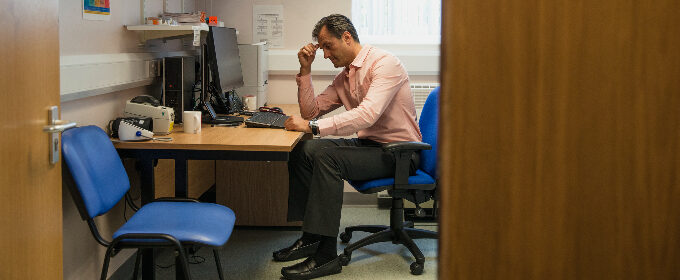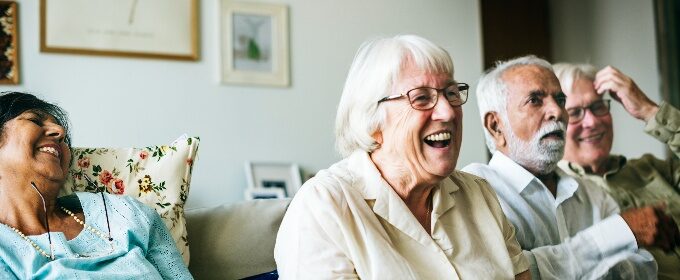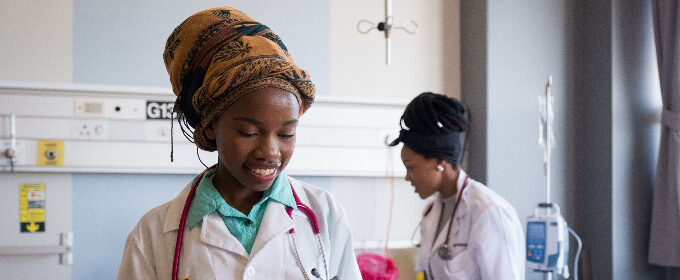We have long known that the health of people living in deprived areas is worse than the national average. But this raises important questions, such as how big is the gap? Is it narrowing or growing over time? Are some deprived places worse off than others? And how do health inequalities affect economic performance? In […]









